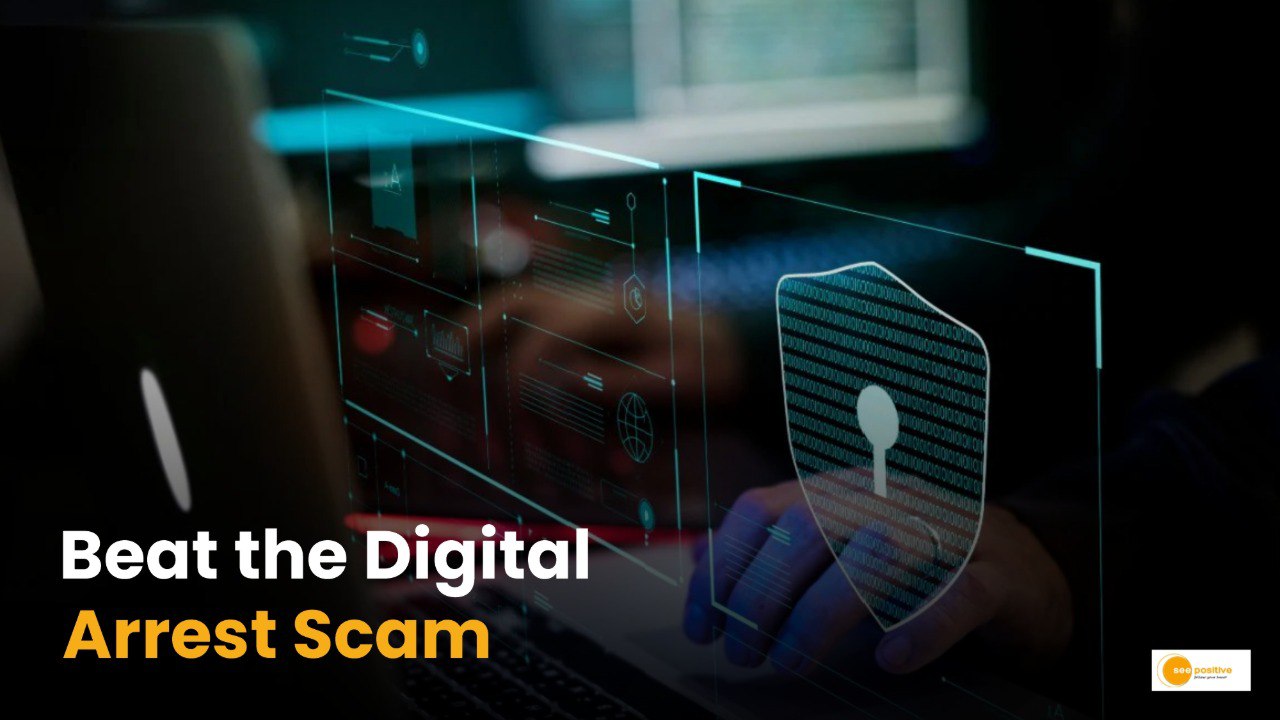Cybercrime is on the rise, with many unsuspecting individuals falling victim to various types of scams. Digital arrest is also such type of scam, in which criminals impersonate law enforcement agencies. Such scams exploit people’s fears, urgency, and lack of awareness to steal money and personal information.
The Government of India and RBI have issued specific guidelines to help citizens protect themselves from digital arrest scams. Recently, popular YouTuber and influencer, Ankush Bahuguna, recently fell victim to one such scam. As per The Indian Cyber Crime Coordination Centre (I4C), in May 2024, 7,000 cybercrime complaints on an average were recorded daily, which is an alarming one.
What is “Digital Arrest” Scam?
In this scam, criminals impersonate law enforcement agencies or government officials. Victims are sent threatening messages or phone calls, claiming that they are involved in illegal activities such as money laundering or cybercrime. The criminals often use alarming language, warning that the victim will be “digitally arrested” or face legal consequences unless an immediate payment is made.
How the scam works?
- Fake Calls or Messages: The scammers often pose as police or government officials, claiming that the victim’s phone number, bank account, or identity is linked to illegal activities.
- Urgent Payment Request: The scammer will demand immediate payment to avoid arrest or legal action. They might ask for money to be transferred to a particular bank account or cryptocurrency wallet.
- Emotional Manipulation: The scammers use high-pressure tactics, like threatening the victim’s family, to push them into making a hasty decision.
How to stay safe?
Do not panic or respond immediately. Authorities would never ask for payments or personal information over the phone.
Verify the message or call by contacting the concerned authority directly, using official contact details.
Report the incident to the police if you suspect that the communication is fraudulent.
General tips to not get scammed
- Be cautious with unsolicited messages and calls: Always be wary of unexpected phone calls, messages, or emails, especially those involving urgent action or financial transactions.
- Never share sensitive information: Avoid sharing personal, financial, or identification details unless you’re absolutely sure of the recipient’s identity and legitimacy.
- Install security software: Use reliable antivirus and anti-malware software on your devices to block potential threats.
- Educate yourself and others: Stay informed about the latest scams, and share this information with friends and family to prevent them from becoming victims.
- Report scams: If you become aware of a scam, report it to the authorities or the cybercrime helpline in your region.
What to do if you fall a victim?
If you fall victim to a digital arrest scam, taking swift and decisive action can help mitigate further damage and help you recover. Here’s what you can do:
Contact the bank immediately: Call your bank’s customer service helpline to report unauthorized transactions. Banks often have dedicated fraud teams that can assist with freezing your accounts and preventing any new withdrawals.
Request to reverse fraudulent transactions: Ask your bank to initiate the process of reversing any unauthorized payments or transfers made during the scam.
File a report at police station: Provide all necessary details of the scam, such as the communication you received, how you were tricked, and any financial transactions you made.
Contact cybercrime helpline: In India, you can dial 1930 to report cybercrimes directly to law enforcement.
Securing Your Accounts and Devices: Once you’ve reported the incident to your bank and law enforcement, securing your online accounts and devices should be your next priority to prevent further unauthorized access.
Change passwords immediately: Update the passwords for all your online accounts, especially your banking, email, and social media accounts. Use new passwords that are strong and unique.
Positive Takeaway
By staying informed, cautious, and proactive, you can protect yourself from falling victim to these growing cyber threats. Always take time to verify any unsolicited or suspicious communication before acting on it. Awareness and caution are your best defenses in the fight against cyber fraud. Stay vigilant, verifying suspicious communications, and never rushing into decisions involving money, individuals can better protect themselves from becoming victims of these cyber criminals. Always stay calm and never panic.


